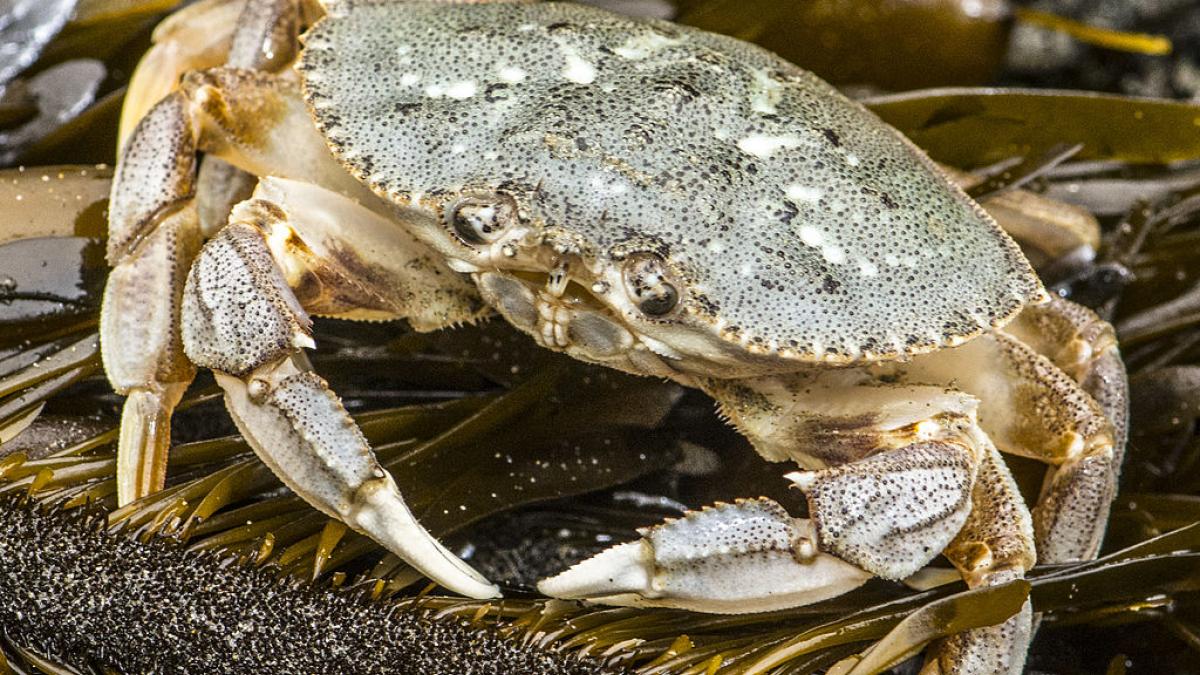
Domoic acid is a is a neurotoxin produced by a marine algae
In December, most of Washington's outer coast was closed to Dungeness crab fishing due to high levels of domoic acid. Domoic acid is a neurotoxin produced by a type of marine algae known as Pseudonitzschia that can accumulate in shellfish and other marine organisms through their diet. In the past, people have died from eating seafood containing domoic acid. Now careful regulation prevents major domoic acid poisoning events in humans. However, these regulations may not protect sensitive populations from the effects of long-term exposure to low levels of domoic acid. How, for example, might low levels of domoic acid in the diet of a pregnant woman affect the development of her child?
In order to test for the potential effects of low-level domoic acid exposure, Director of Community Engagement and Research Translation Tom Burbacher and his colleagues dosed the food of primates with domoic acid before, during, and after pregnancy. The levels of domoic acid that they used were right around the regulatory limit. Offspring exposed to domoic acid through their mother's diet showed deficits in memory for faces and abstract patterns. Perhaps more surprisingly, their mothers showed structural and chemical changes in their brains. This is the first time researchers have documented changes in adult brains resulting from a diet containing levels of domoic acid close to the regulatory limit.
Results from the study were published in a May 2020 paper in Neurotoxicology. Burbacher has reached out to a food contamination and toxicology evaluator with the Canadian government to discuss his findings. More details about Burbacher and his domoic acid work can be found here.

